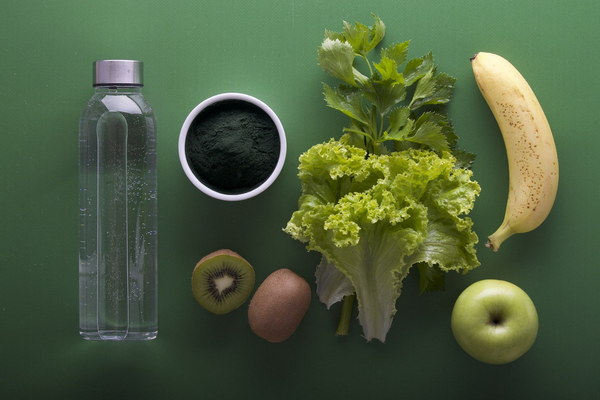Post-Abortion Care How to Best Restore and Nurture Your Body
After an abortion, it's crucial to take proper care of your body to ensure a healthy recovery and prevent any potential complications. Here are some essential tips to help you restore and nurture your body post-abortion:
1. Rest and Relaxation
Following an abortion, your body needs time to heal. It's important to allow yourself to rest and recover. Avoid strenuous activities and heavy lifting for at least the first few weeks. Resting helps reduce the risk of infection and supports the healing process.
2. Healthy Diet
A well-balanced diet can aid in the recovery process. Incorporate plenty of fruits, vegetables, whole grains, lean proteins, and healthy fats into your meals. These nutrients will help your body to repair itself and strengthen your immune system. Stay hydrated by drinking plenty of water, which is also essential for healing.
3. Gentle Exercise
After a few weeks of rest, you can gradually reintroduce gentle exercises such as walking or light yoga. These activities can improve circulation, reduce stress, and aid in the overall healing process. However, it's important to listen to your body and avoid any activities that cause pain or discomfort.
4. Pain Management
Pain is a normal part of the recovery process. Over-the-counter pain relievers like ibuprofen or acetaminophen can help manage discomfort. However, it's essential to avoid aspirin and other NSAIDs, as they can increase bleeding. Always consult with your healthcare provider before taking any medication.
5. Personal Hygiene
Maintain good personal hygiene to prevent infections. Take warm, gentle showers rather than baths, as baths can increase the risk of infection. Use unscented, gentle soaps and avoid inserting any objects into the vagina until your healthcare provider advises it is safe to do so.
6. Emotional Support
Emotional healing is just as important as physical healing. Seek support from friends, family, or a support group. Talking about your feelings can be a significant step towards recovery. If you're struggling with emotional issues, consider speaking with a therapist or counselor specializing in reproductive health.

7. Regular Check-Ups
Keep all follow-up appointments with your healthcare provider. They will monitor your recovery and address any concerns or complications that may arise. Be honest about any symptoms you're experiencing, as this information is vital for proper care.
8. Avoid Sexual Activity
Wait until your healthcare provider advises that it is safe to resume sexual activity. This typically occurs after the first menstrual period post-abortion, but it can vary depending on individual circumstances. Avoiding sexual activity during this time reduces the risk of infection and ensures a full recovery.
9. Birth Control
Consider discussing birth control options with your healthcare provider to prevent future unintended pregnancies. Choosing the right method for you can help you maintain control over your reproductive health and reduce the need for future abortions.
10. Patience and Self-Care
Healing takes time, and it's important to be patient with yourself. Practice self-care by engaging in activities that bring you joy and relaxation. Remember that taking care of your body is a crucial step towards regaining your health and well-being.
In conclusion, post-abortion care is a multifaceted process that involves both physical and emotional aspects. By following these tips, you can help your body heal and move forward with confidence. Always consult with a healthcare provider for personalized advice and support throughout your recovery journey.









